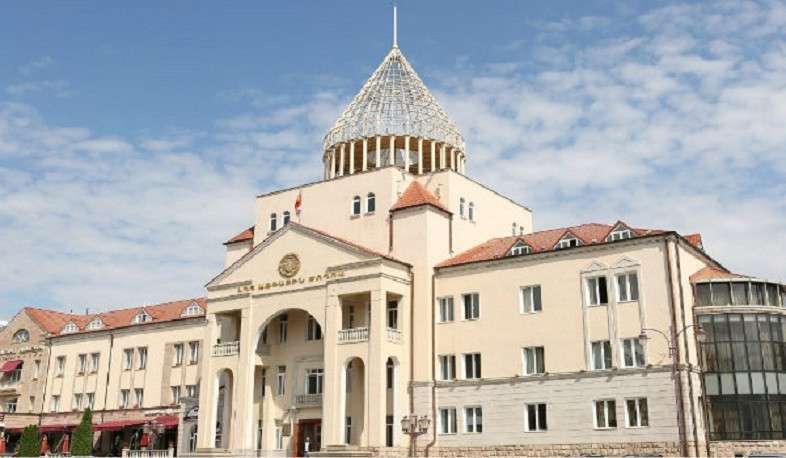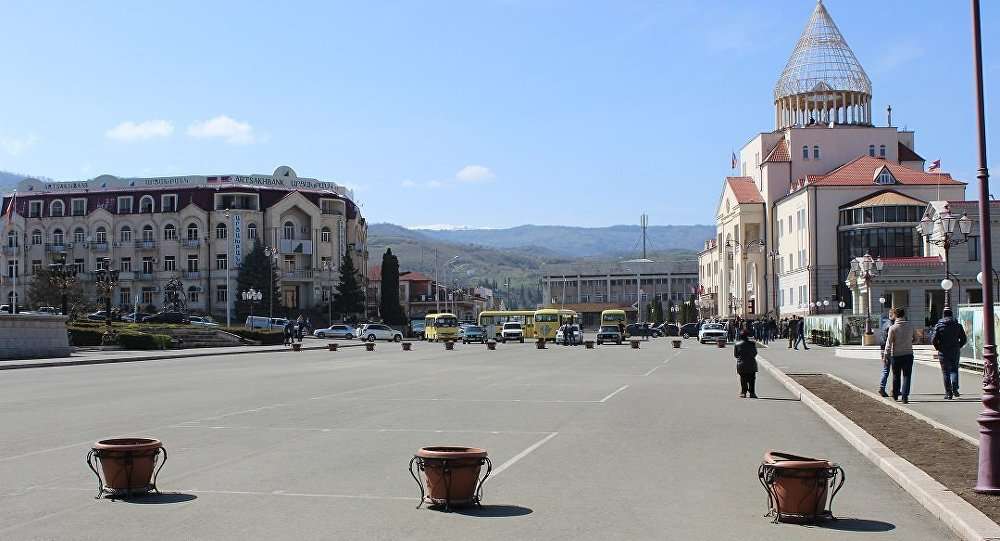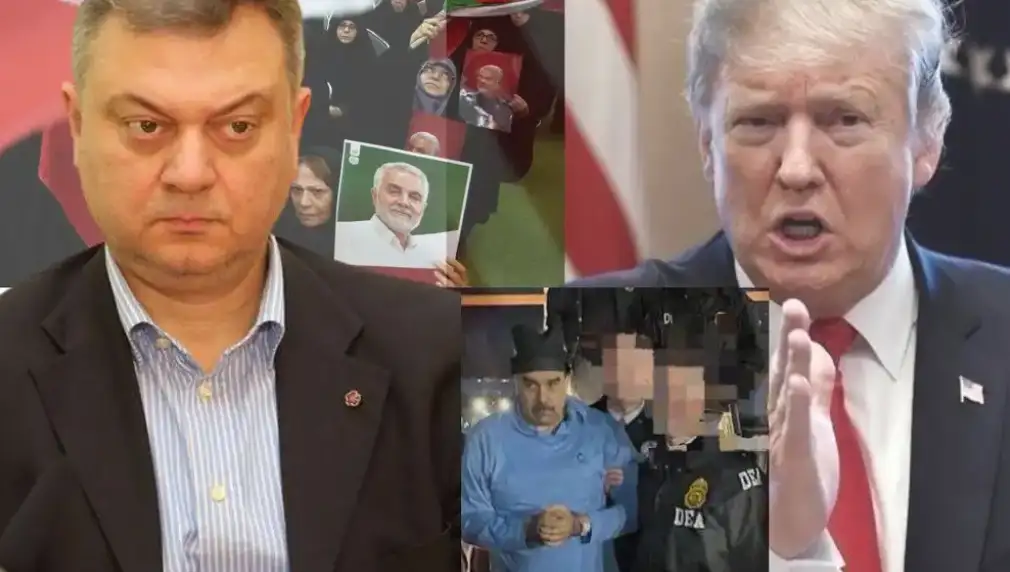The National Assembly of the Republic of Artsakh has sent a message regarding the UN taking appropriate measures to enforce peace in Artsakh.
"On September 27, 2020, with the direct participation of Turkey and the involvement of foreign armed terrorists, grossly violating the principle of non-use of force and the threat of force, Azerbaijan unleashed a 44-day military aggression, which was stopped with the mediation of the Russian Federation and the joint statement of the leaders of Armenia, Azerbaijan, and Russia on November 9, 2020. By the procedure established by the tripartite declaration, peacekeeping troops of the Russian Federation have been deployed in the Republic of Artsakh (Nagorno-Karabakh) for five years, with the possibility of further extension if one of the Parties does not announce the intention to stop the application of this provision 6 months before the end of the period.
With the tripartite declaration, the Russian Federation implemented the provisions of peaceful settlement of disputes defined in Chapter 6 of the UN Charter, in particular, Part 1 of Article 33, moving the payment of the dispute between the parties to the conflict to the field of "mediation, agreement, and negotiations," which failed as a result of the continuous and large-scale aggression displayed by Azerbaijan, creating a regional crisis with the involvement of direct and indirect parties to the conflict. On the other hand, the subjectivity of the Republic of Artsakh and the will of the people of Artsakh continue to be ignored. The people of Artsakh, guided by the prevalent norms and principles of international law, as well as the legislation of the USSR, realized their right to self-determination by declaring the Republic of Nagorno Karabakh (Artsakh) on September 2, 1991, and then holding an Independence referendum on December 10.
The Russian peacekeeping contingent stationed in Artsakh does not have an international mandate. A circumstance gives the green light to Azerbaijan's violations of the Tripartite Declaration and the norms and principles of international law and the continued threat to the security and stability of the region. The factual proofs of what was said are the gross violations of the cease-fire regime and norms of international law stipulated by the Trilateral Declaration by Azerbaijan, the records of the decisions of the European Court of Human Rights and the UN International Court of Justice, and the PACE resolution. In particular, as a result of the blocking of the Berdzor (Lachin) corridor, the siege of Artsakh that has been going on for more than seven months, the disruption of infrastructure, the continuous intimidation of the civilian population, the propaganda of national hatred, the deliberate destruction of Armenian churches, historical, cultural, religious, and other monuments, and the many recorded cases of vandalism. The politics of ethnic cleansing, with the methods mentioned and others, clearly manifest crimes against humanity.
Based on all that, as well as the determination of the United Nations to save future generations from the scourge of war, ethnic cleansing, and genocide, and the responsibility of maintaining international peace and security, the highest representative body of the people of Artsakh, the National Assembly, calls:
Republic of Armenia:
To immediately take measures to endow the peacekeeping mission located in the Republic of Artsakh with an international mandate, applying the established procedure to the UN Security Council and the General Assembly, proposing to take appropriate steps to maintain peace and security in the region.
To the international community, represented by the permanent member states of the UN Security Council:
Being faithful to the goals and principles defined in Chapter 1 of the UN Charter and guided by the procedure described in Chapter 7 of the UN Charter, adopt an imperative decision (resolution) by taking and establishing effective measures to enforce peace in Artsakh.
The Republic of Artsakh is committed to saving its people from the scourge of war, reaffirming faith in fundamental human rights and freedoms and the equal rights of large and small nations. Consequently, it expects these structures to create conditions that will ensure respect for the obligations arising from the norms of international law and promote the provision of a dignified life for the people of Artsakh in conditions of freedom," the message reads.




















